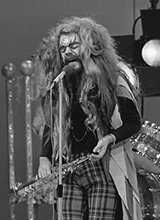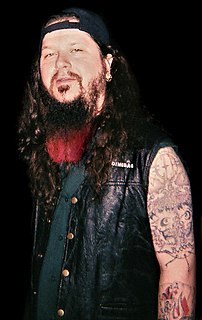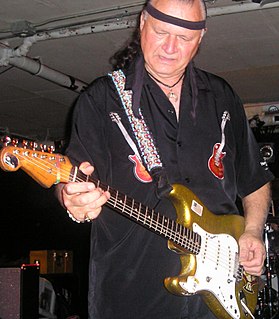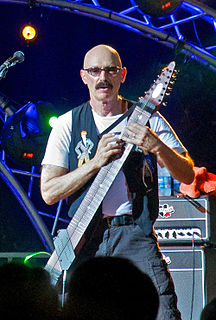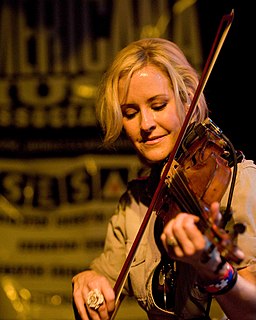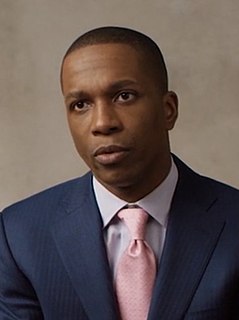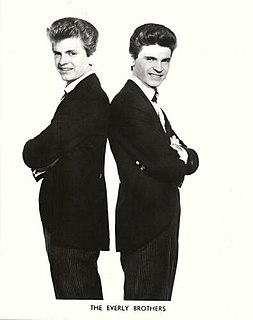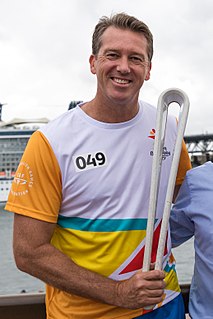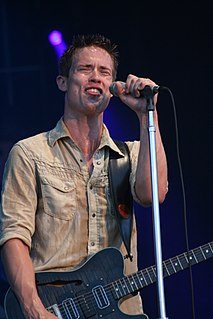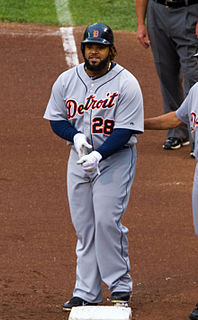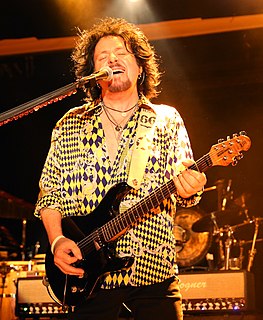A Quote by Roy Wood
I think we were probably playing live for about 12 months before we got a recording deal.
Related Quotes
I think there's a huge gap between no longer qualifying for benefits and being able to afford a life without benefits. When I went off government assistance - six months before I got the book deal - there were some months that were lean, I mean literally lean, like I lost a lot of weight. I could barely afford food.
When I'm representing my music live I think of it very much in a rock band sense. When I first started doing festivals in the 90s there really weren't other DJs playing the stages I was playing. So I felt I was being afforded an opportunity to kind of make a statement about what DJ music can be live. In the 90s, if you were a DJ you were in the dance tent, and you were playing house music and techno music. There was no such thing as a DJ - a solo DJ - on a stage, after a rock band and before another rock band: that just didn't happen.
